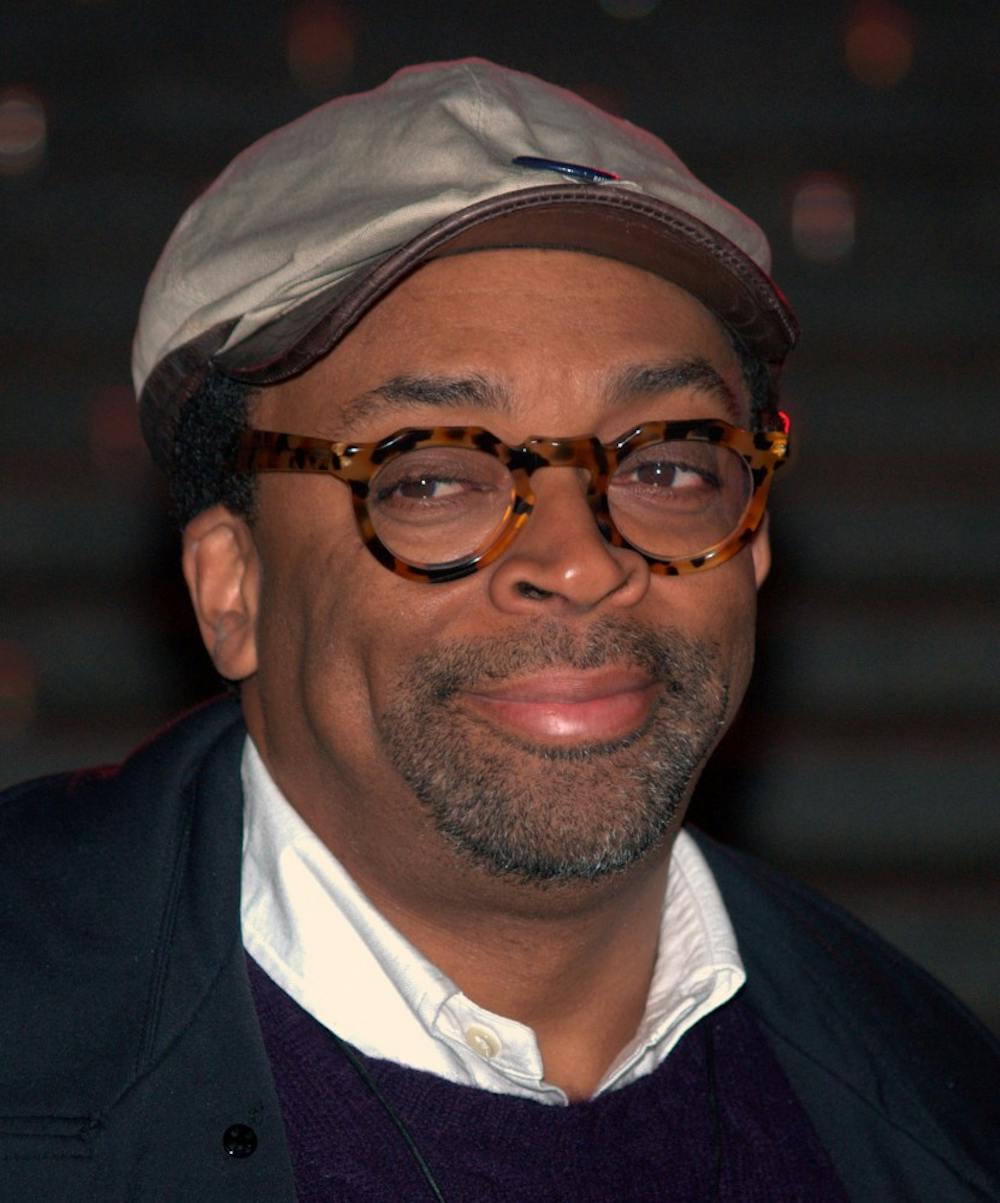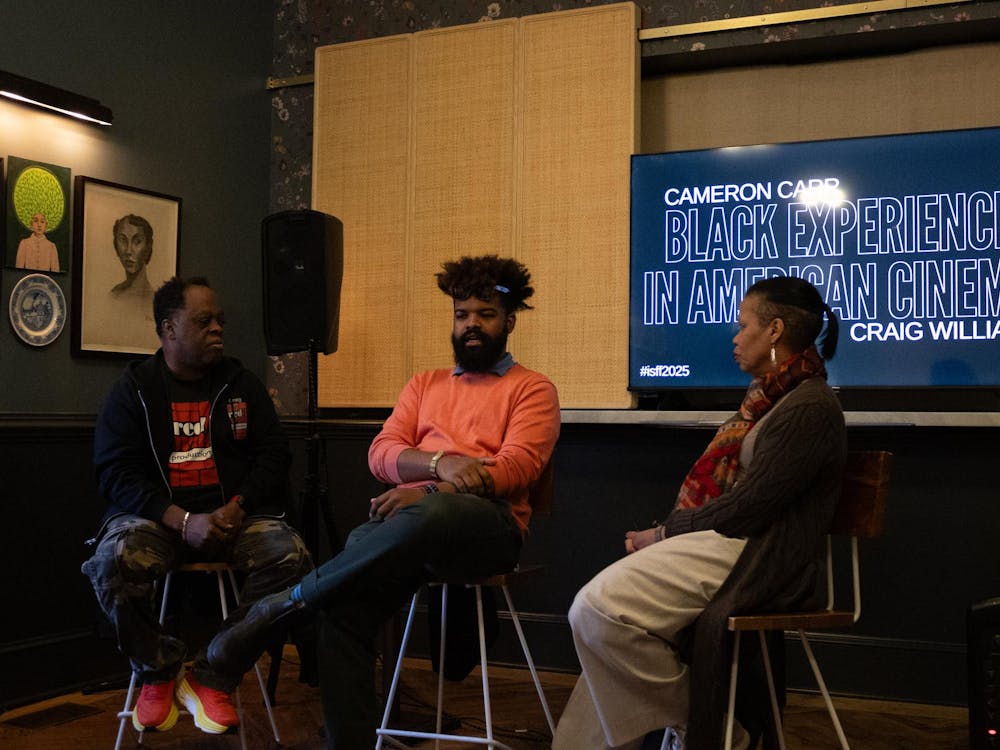If there is any one line from a Spike Lee movie that is most relevant to Charlottesville’s current state, it’s Mister Señor Love Daddy’s (Samuel L. Jackson) plea in “Do the Right Thing” — “Yo! Hold up! Time out! TIME OUT! Y'all take a chill! You need to cool that s—t out!”
This March, Charlottesville was ranked one of the happiest cities in America — but that was March. The city in the spring was an astronomically different place than Charlottesville today, a community devastated, some might argue permanently, by the events of Aug. 11 and 12.
In the fallout, residents of Charlottesville and particularly students of the University have looked for role models to guide them through the terrifying realization that this city is just as susceptible to racism and bigotry as any other place in America. Future and Lil Yachty, though hardly prophets on the level of Kendrick or Chance, still might have provided some of the solace students were seeking. Their cancellation, then, further solidified the idea that not only was Charlottesville no longer a “happy city” — now, it might not even be a safe one.
On Aug. 29, the Virginia Film Festival announced that the void would indeed be filled, by prolific director, screenwriter, producer and actor Spike Lee.
Even those who haven’t seen his films likely know the name. Lee rose to success with 1986’s “She’s Gotta Have It,” a fun comedy that nonetheless tackled themes of race and womanhood. Since then, his films have included such modern classics as “He Got Game,” “Jungle Fever” and of course, the iconic “Do the Right Thing.”
A common theme across all these movies, to different degrees and dealt with in various ways, is race — specifically, racism. Whether it’s pressure from peers to accept a basketball scholarship and escape poverty (“He Got Game”), the strains of an interracial relationship (“Jungle Fever”) or just a snapshot of one neighborhood’s racism and the horrible consequences of such beliefs (“Do the Right Thing”), Lee’s films all address the same problem, just in different packages.
Most striking about Lee’s work is the ring of authenticity that each of his movies contains. There’s something disturbingly realistic about the violence that erupts at the end of “Do the Right Thing,” just as there is heartbreaking truth in the plot of “Jungle Fever,” in which a black man and white woman begin a relationship with disastrous results. As a black man raised in New York City, where many of his films are set, Lee deals with issues very close to home.
It is fitting, then, that the works Lee is presenting at the festival this year focus on real-life events and contain real-life footage. His documentary “4 Little Girls,” an account of African-American children’s deaths in a 1963 church bombing, will be shown alongside short video “I Can’t Breathe,” which draws a parallel between a “Do the Right Thing” character’s death at the hands of a police officer to actual footage of police brutality.
With the festival a couple months away, it is unknown what topics Lee will address in his talks — or if he will even deliver talks at all. But with his background and filmography in mind, it can only be assumed that the artist will speak at least marginally towards the recent events in Charlottesville. Ideally, Lee can serve as a voice of reason, explanation and maybe hope, providing both solace and counsel for the members of the community.
The city has had guidance, both from leaders of the community and leaders of the University. But in times of political strife and uncertainty, when feeling helpless is all but inevitable, communities have historically turned to art.
If it’s doing its job, art reflects the community around it and tries to make sense of what’s going on. It doesn’t necessarily have to provide any solutions to problems — rather, just by acknowledging that the problems exist, art provides a sort of solidarity for those looking for it.
While disturbing that Lee’s films of decades past are still so relevant today — he could probably recycle lines from his last visit to Charlottesville in 1993, when he described to University students aspects of the African-American struggle — it is comforting to know that such a voice still exists and is still willing to lend its wisdom to the city.
VFF Director Jody Kielbasa said of Lee, “He has a very clear perspective that he can bring.”
In a time and place when very little is clear and confusion abounds, a presence like Spike Lee’s may be just the remedy Charlottesville needs.







